Scrubbing Clean, Sustainably: Eco-Friendly Alternatives to Plastic Kitchen Sponges
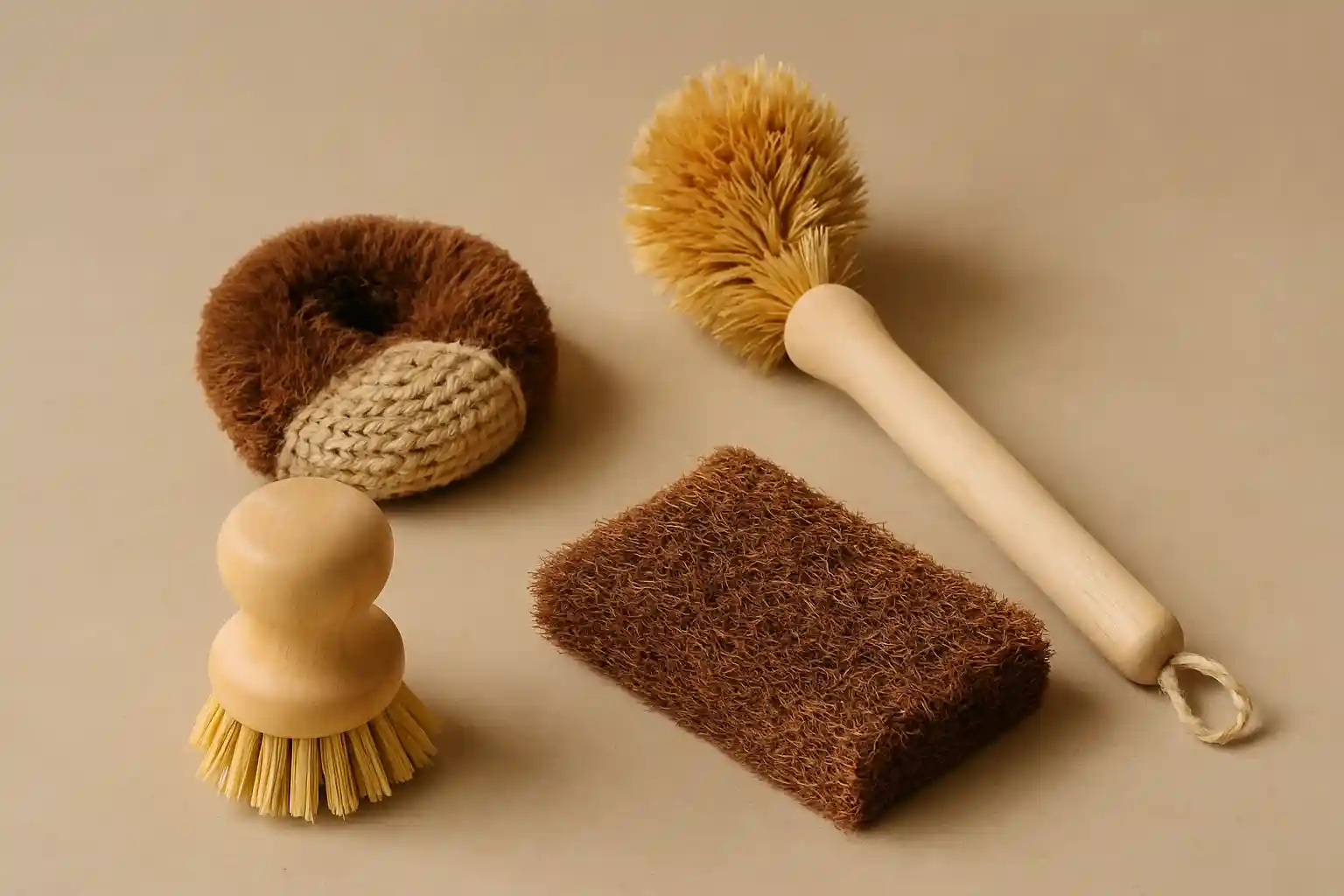
The kitchen sponge, a seemingly humble tool, is an indispensable part of our daily dishwashing and cleaning routines. However, the conventional plastic sponges that are widely available contribute significantly to the ever-growing problem of plastic waste and microplastic pollution. Made from synthetic polymers like polyurethane, these sponges are not biodegradable and, as they wear down with use, shed tiny plastic fibers that enter our waterways and potentially our food chain. Furthermore, their short lifespan often leads to frequent replacements, exacerbating the cycle of consumption and waste. Embracing a zero-waste kitchen necessitates a critical look at our reliance on these plastic scrubbers and a conscious shift towards more sustainable and environmentally friendly alternatives.
The environmental impact of plastic kitchen sponges is considerable. Their production relies on fossil fuels and energy-intensive manufacturing processes. As non-biodegradable items, they persist in landfills for centuries, contributing to the mountains of waste. The shedding of microplastics during washing and scrubbing is a significant concern, as these tiny plastic particles contaminate our water systems and can be harmful to aquatic life. Recognizing this unsustainable pattern, many individuals are seeking more responsible and eco-conscious options for their kitchen cleaning needs, opting for tools that minimize plastic waste and avoid the release of microplastics.
Fortunately, a variety of effective and readily available alternatives can easily replace plastic kitchen sponges. By choosing compostable sponges made from plant-based materials, utilizing the natural scrubbing power of loofah scrubbers, or opting for durable bamboo dish brushes, we can maintain a clean kitchen while significantly reducing our plastic footprint and minimizing microplastic pollution. These alternatives offer a sustainable, efficient, and far more environmentally friendly approach to tackling our dishwashing and cleaning tasks.
Sustainable Scrubbing Solutions: Exploring Eco-Friendly Kitchen Alternatives
Moving beyond the realm of conventional plastic sponges opens up a world of more environmentally conscious and often more effective cleaning tools for your kitchen:
Compostable Sponges: The Plant-Powered Scrub
Compostable sponges offer a fantastic and readily available alternative to plastic sponges. Typically made from plant-based cellulose (often derived from wood pulp) and natural fibers like cotton or hemp, these sponges are highly absorbent and effective for a variety of cleaning tasks. Unlike plastic sponges, compostable sponges will break down naturally in a compost bin at the end of their lifespan, returning to the earth without leaving behind harmful plastic residues. Brands like If You Care and Skoy offer durable and effective compostable sponges that can handle tough kitchen messes.
Loofah Scrubbers: The Naturally Exfoliating Cleaner
Natural loofah scrubbers, derived from the dried fruit of the loofah plant, provide a textured and effective alternative for scrubbing dishes and surfaces. These plant-based scrubbers offer a gentle yet abrasive action that can remove food residue without scratching. Natural loofahs are biodegradable and compostable, making them a completely plastic-free option. They also tend to last longer than synthetic sponges when properly cared for.
Bamboo Dish Brushes: Durable and Sustainable Scrubbing Power
Bamboo dish brushes offer a durable and sustainable alternative for tackling tougher cleaning tasks in the kitchen. Featuring wooden handles made from fast-growing bamboo and natural bristles made from plant fibers like sisal or coconut coir, these brushes provide excellent scrubbing power without the plastic components of conventional sponges. Bamboo is a renewable resource, and the natural bristles are often biodegradable. Many bamboo dish brushes also have replaceable heads, further extending the lifespan of the handle and reducing waste.
Embracing a Zero-Waste Kitchen: Mindful Cleaning Habits
By consciously choosing compostable sponges, natural loofah scrubbers, or bamboo dish brushes over plastic sponges, we can significantly reduce the amount of plastic waste generated in our kitchens and minimize the release of harmful microplastics into our environment. These simple swaps offer a more sustainable and environmentally responsible approach to keeping our culinary spaces clean.
Related Blogs
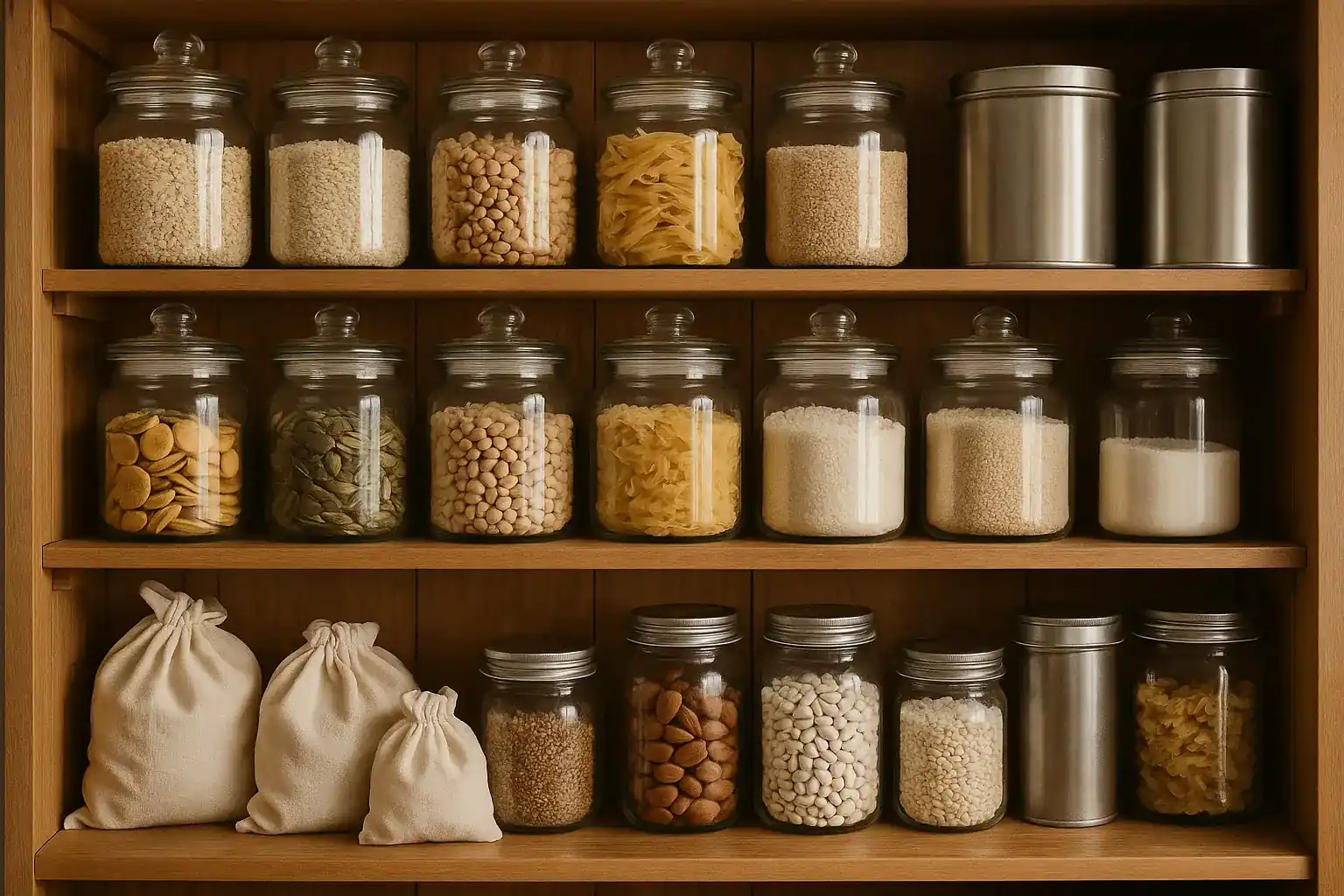
Say Goodbye to Single-Use: 10 Easy Swaps for a Plastic-Free Pantry
Insights on 10 easy swaps for a plastic-free pantry in a sustainable way.
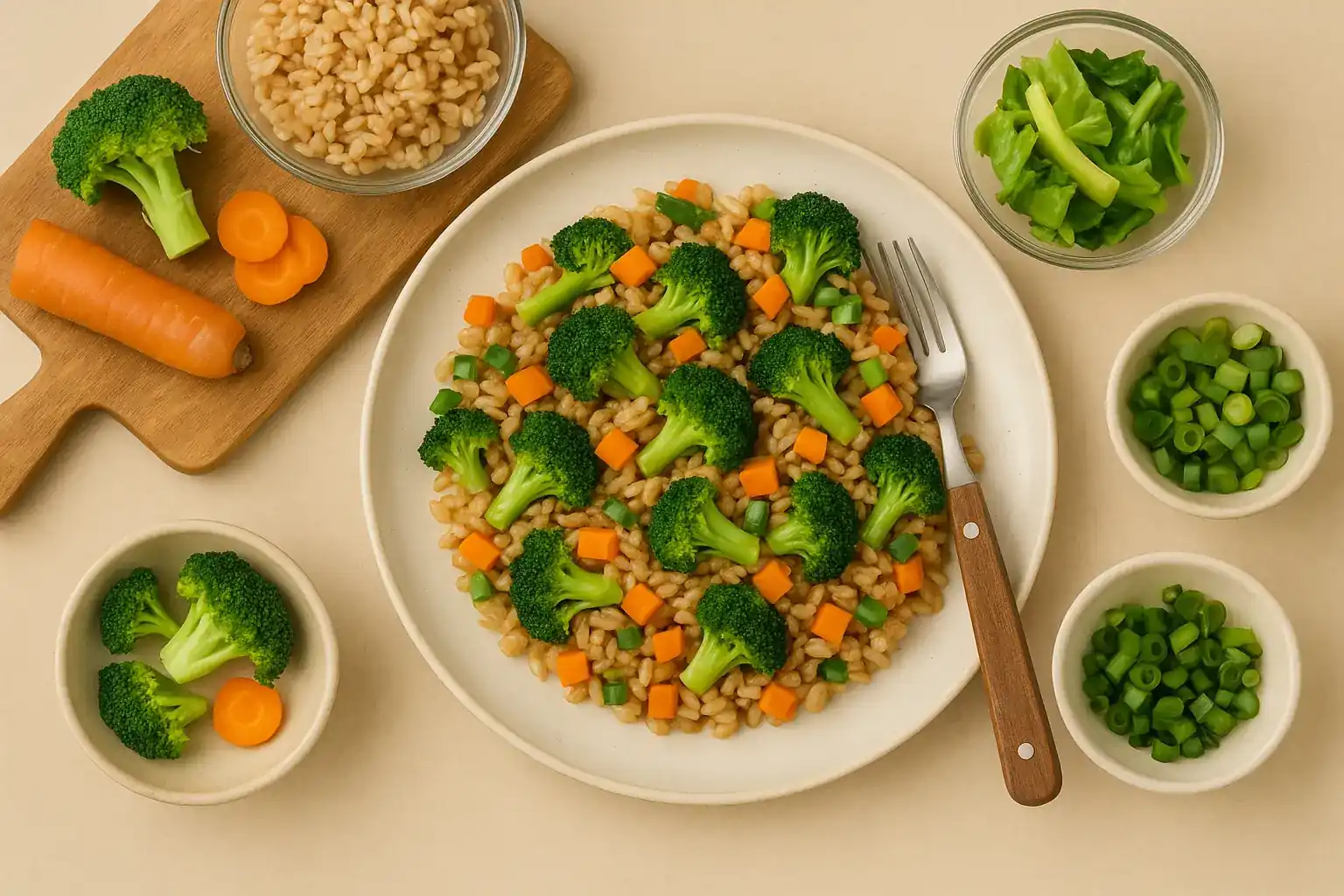
A Week of Delicious Transformations: Zero-Waste Recipes Using Your Leftovers
Insights on a week of zero-waste recipes using leftovers in a sustainable way.
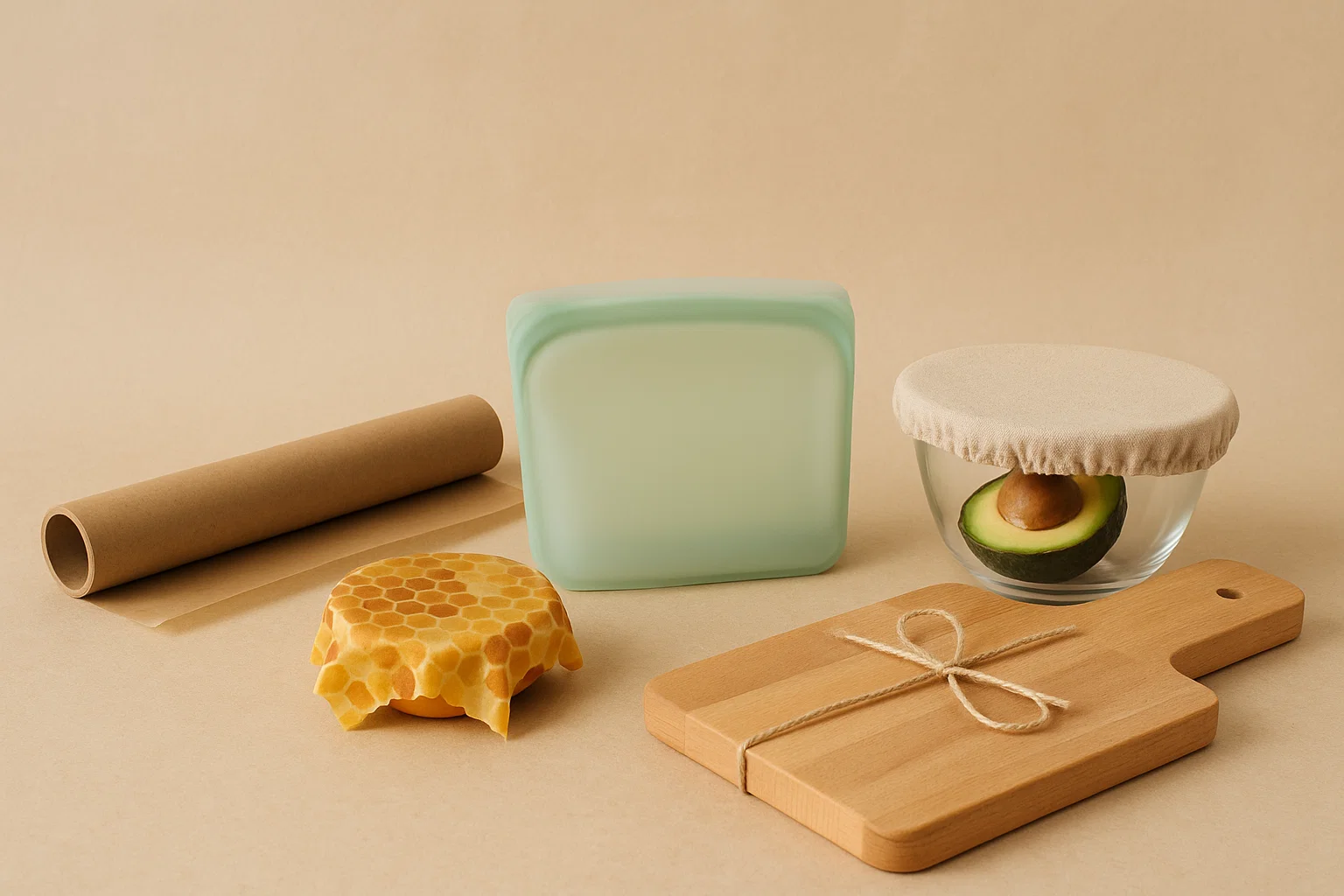
Beyond the Foil: Reusable Alternatives for Sustainable Baking and Food Storage
Opt for reusable silicone baking mats, covered bakeware, and beeswax wraps instead of aluminum foil.
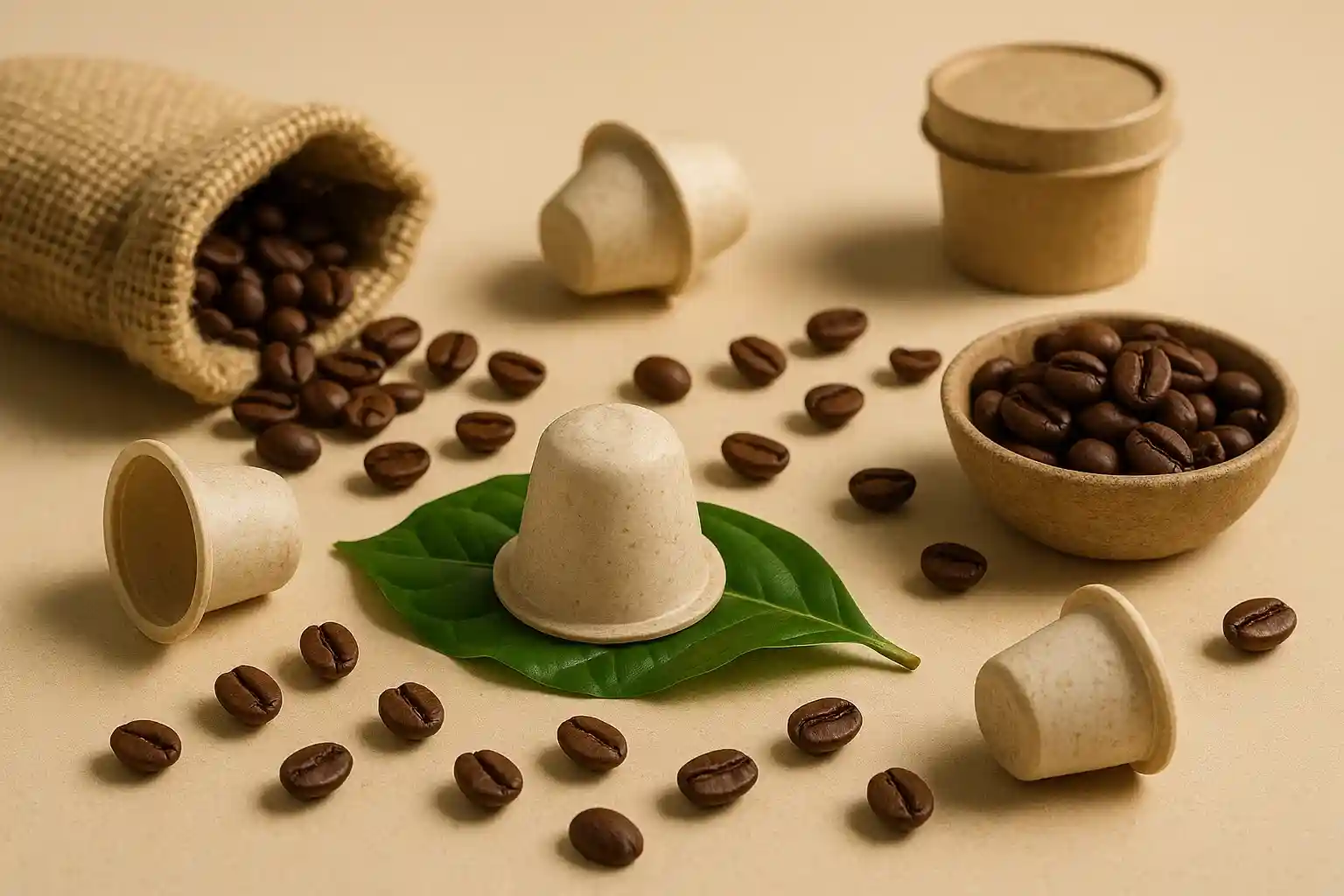
Brew Better, Waste Less: Sustainable Alternatives to Single-Use Coffee Pods
Lower waste and enjoy better flavor with reusable pods, French presses, or Moka pots.
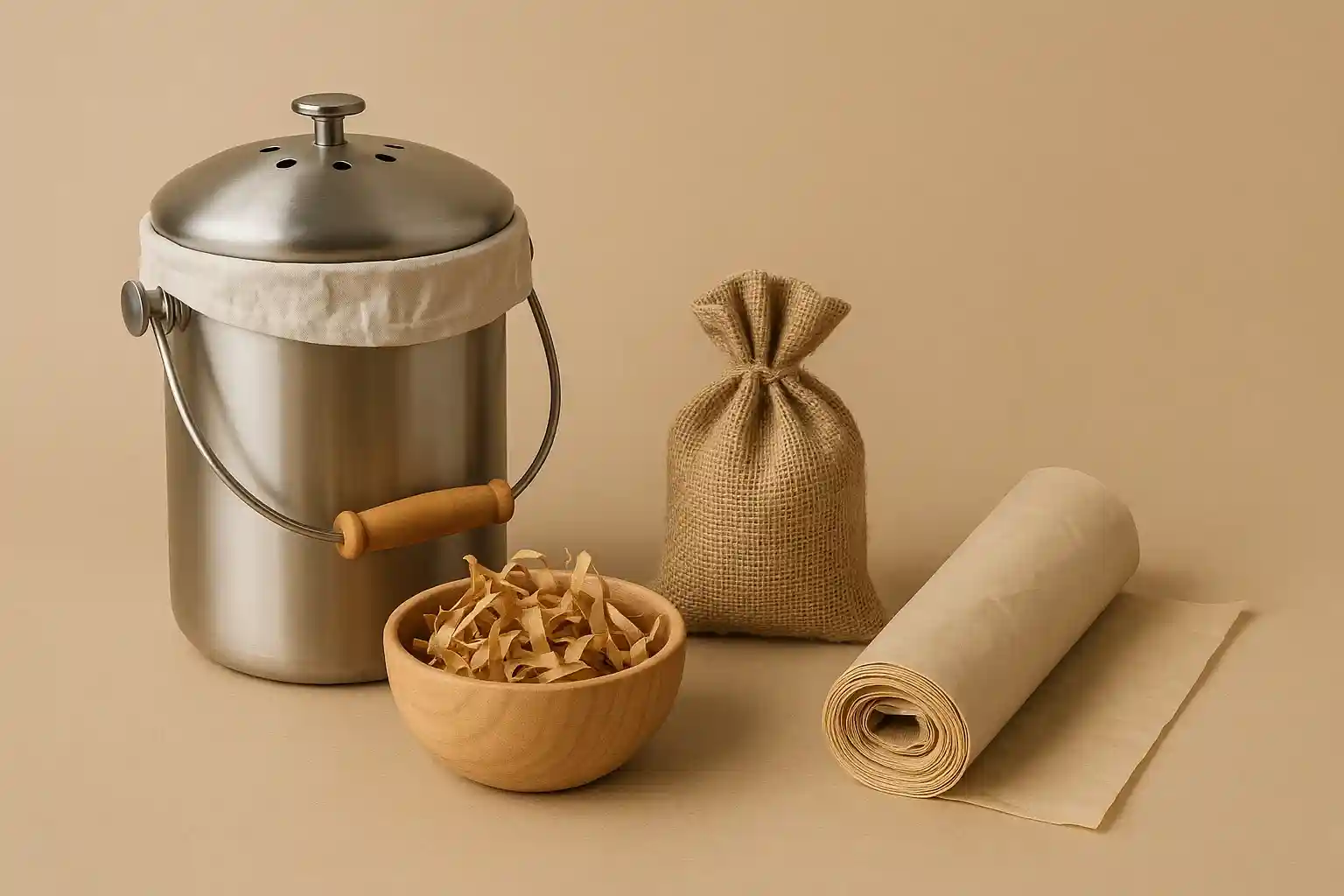
Compost Without the Carry-On: Sustainable Alternatives to Store-Bought Compost Bags
Reduce unnecessary plastic in composting with newspaper liners, bag-free bins, or DIY liners.
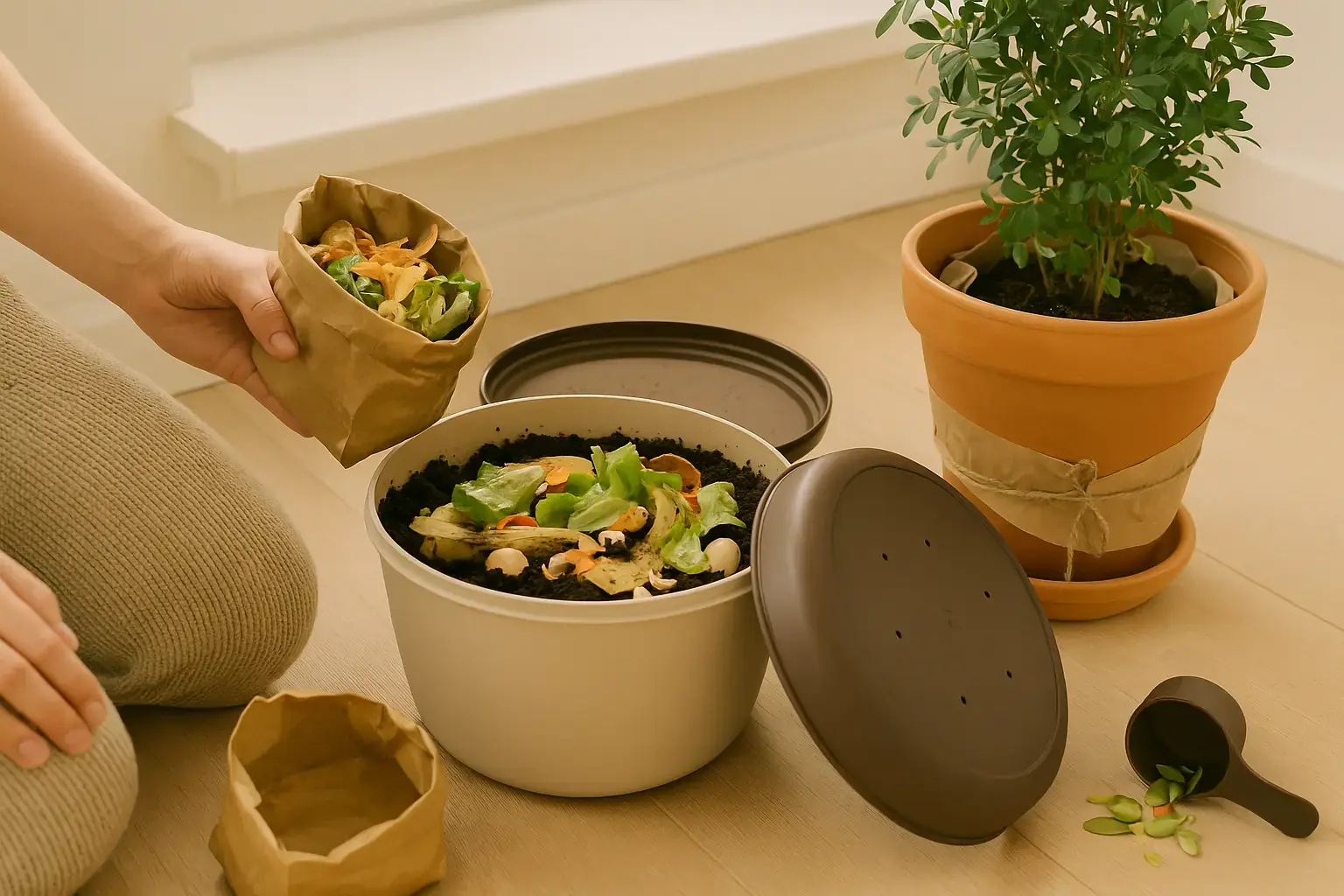
Compost Happens (Even in Apartments!): Your Beginner's Guide
Practical advice and actionable tips for composting 101.
Stay in the Loop
Get tips and insights tailored to your interests — no spam, just sustainability.